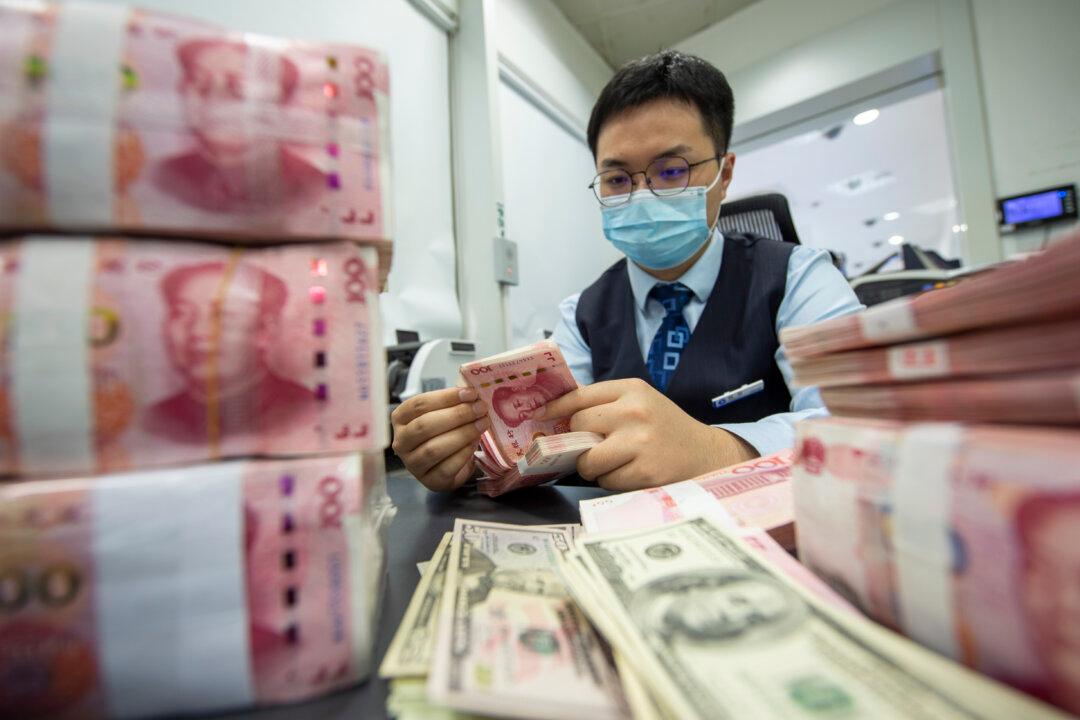Multiple local governments in China have been urged to curb spending amid the current financial strain. China commentators suspect the measures suggest governments at all levels might be running short on cash but are inclined to let the grassroots take the brunt.
Chinese state mouthpiece Xinhua reported on March 27 that the Ministry of Finance urged local governments to cut down spending on three official activities: receptions, overseas business trips, and take-home vehicles; reduce activities like forums, festivals, and exhibitions; and enhance budgetary constraints and execution supervision.




